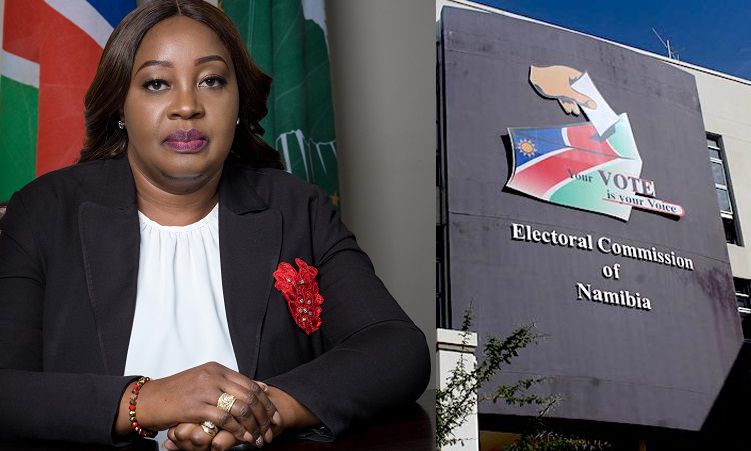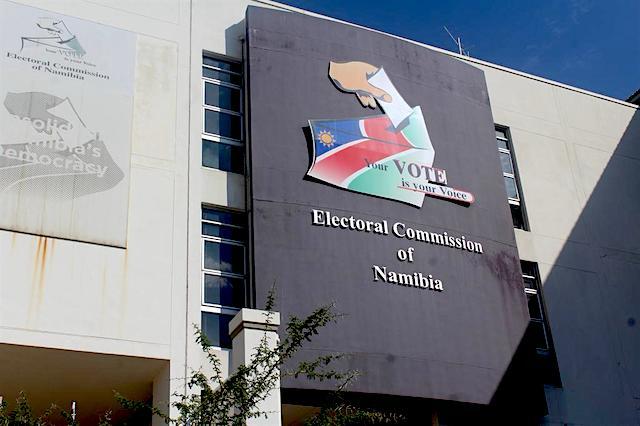Liberal think tank the Free Market Foundation has called for the Government of National Unity (GNU) to be smaller than the outgoing government, in its recently launched policy charter.
Called Liberty First: A policy agenda for South Africa’s 2024-2029 parliamentary term, the charter maps the way for the incoming administration, with suggestions for policy changes that will benefit the poor and unemployed, private institutions and the general economic health of South Africa.
Martin van Staden, head of policy and the primary author of the charter, said it was developed on the findings of the Economic Freedom of the World Report (EFW), which found that, in 2023, South Africa ranked 94 out of 165 countries in economic freedom — the lowest since 1994. In 2000, South Africa ranked 47th.
Van Staden said this showed that South Africa was ”steadily heading in the wrong direction”.
The EFW report found that countries with free markets have more prosperous citizens.
“The poor are better off in countries with freer markets than they are in countries where the government plays a more active role in the economy,” he said.
The recommendations from the FMF aim to move South Africa up the EFW ranks by supporting economic and human prosperity, which often involves reduced government interventions.
The size of the government tops the Free Market Foundation’s recommendations. Van Staden said it has advocated for the private sector wage bill to increase substantially and for the public sector wage bill to be cut substantially.
This, he said, could be achieved by reducing the number of ministers and deputy ministers.
“Our bloated cabinet should be reduced from the more or less 30 ministers and
deputy ministers now to only about 10 ministries, with a significant reduction in the number of deputy ministers, where they are not strictly necessary,” he said.
In addition to this, Van Staden said non-standard taxes would need to be phased out because they make life more expensive for the ordinary consumer. He said there should be a moratorium on further tax increases for the rest of this parliamentary term.
In addition, the government should not address revenue shortfalls by introducing taxes, but by voluntary fundraising, reducing the public wage bill and limiting government mandates.
“The reality is that you cannot generate economic growth by taking scarce money out of the economy and giving it to politicians and officials.”
The foundation has also advocated for increased privatisation where communities and businesses can compete with government entities.
“It is firstly important to allow communities and businesses to compete freely with existing state enterprises like Eskom and Transnet. There should be no statutory monopoly or regulatory monopoly whatsoever for these entities.
“If Eskom can generate power from coal, so too the private sector should be allowed; if Transnet can build and operate a railway line, so too the private sector should be allowed,” he said.
On the subject of state-owned enterprises, which have been severely affected by corruption, mismanagement of funds and poor governance, the Free Market Foundation recommended that the government progressively reduce its stake in them until a minority stake remained.
Van Staden said there should be a moratorium on the establishment of any new state enterprises for five years.
The foundation raised issues relating to the legal system and property rights; strengthening the independence and the role of the South African Reserve Bank, as well as the freedom to trade internationally as a mechanism to boost the economy.
Van Staden said regulations needed to be considered to deal with the high rate of joblessness in the country.
“There is a barrier of policybetween employers and prospective employees. As such, the Free Market Foundation is proposing that job seekers be empowered at their own initiative to opt themselves out of the application of harmful labour laws through the introduction of a job-seeker exemption certificate.”
In response to the contentious National Health Insurance, which was signed into law before the 29 May elections, Van Staden said the government should not interfere with personal healthcare decisions. He said the bill should be repealed and instead medical aid schemes must be allowed to offer low-cost products — something that the law prohibits.
“Medical schemes and health insurance should be allowed to offer low-cost products so that the poor can access high-quality, private healthcare. Currently, the law prohibits schemes from having low-cost benefit options.”
In addition to this, Van Staden said the controversial Basic Education Laws Amendment Act, must be repealed so governing bodies regain their authority to determine policy at public schools. The government should not interfere with parents who are homeschooling their children and the bill should be kept away from private schools.
With the GNU taking form, the chief executive officer at the foundation, David Ansara, said the government had to consider liberal policies if it wanted to govern South Africa in a new way.
“I think for the last 30 years, we’ve been witnessing a very ideological programme on behalf of the ANC government — socialism, redistributive policies, very high taxes, protectionist policies as well — that has real-world consequences.”
“Whether you like it or not, we are going to have to reduce our deficit, we are going to have to reduce government spending and the size of the debt burden, we are going to have to liberalise our labour market because it’s only for so much longer that millions of people are going to be willing to be unemployed.”
Stay informed with The Namibian – your source for credible journalism. Get in-depth reporting and opinions for
only N$85 a month. Invest in journalism, invest in democracy –
Subscribe Now!








